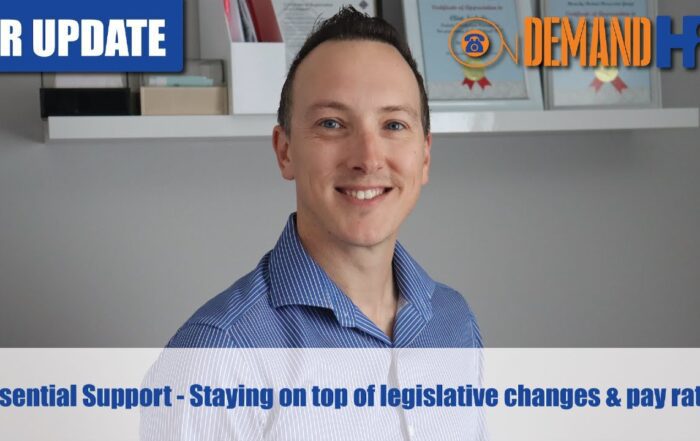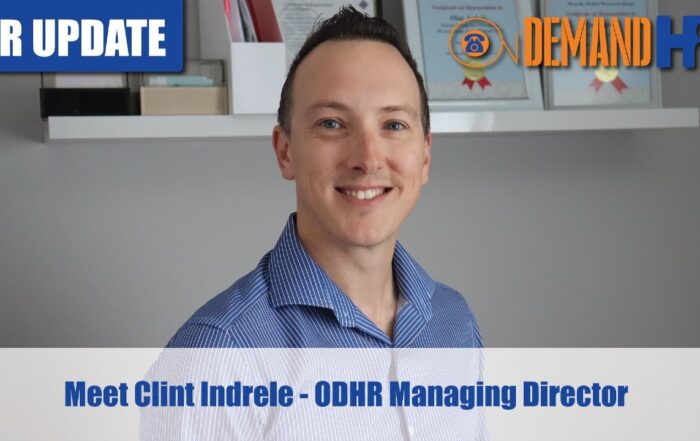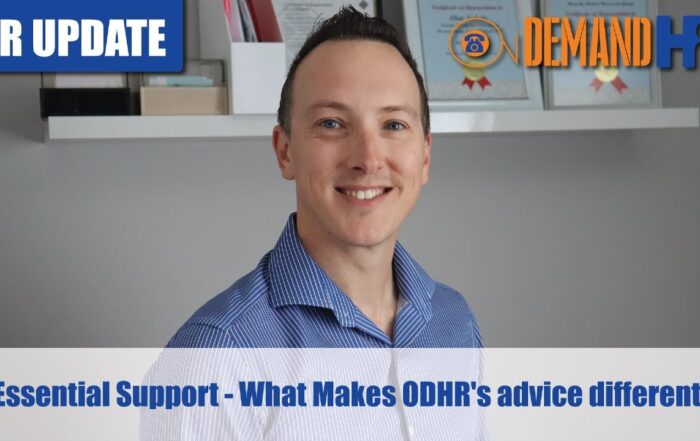
Victoria Leads the Way in Modernising Mental Injury Claims – Could NSW Follow?
Victoria’s recent reforms to its workers’ compensation system, particularly in addressing mental injury claims, offer a blueprint for creating fairer, more efficient processes in New South Wales (NSW). By clarifying definitions, excluding claims based on reasonable workplace stressors, and streamlining the claims process, Victoria has taken significant steps to reduce disputes and focus on genuine cases of harm. If NSW were to adopt similar measures, it could transform its handling of mental injury claims—providing faster support for workers in need, reducing system misuse, and fostering healthier workplace cultures. Read on to discover how these reforms could pave the way for meaningful change in NSW.
Facing a HR or WR Challenge and need a Free Strategic Action Plan?
Want to access our free online training courses to build your skills?
Share the HR or workplace relations challenge facing your business and one of our experienced consultants will be in touch within 24 hours with a strategic action plan or discover the best strategy yourself by accessing out free online training library.
- Clarity in Definitions: Mental injury claims now hinge on specific, clearly defined criteria. For instance, there must be evidence of repeated incidents to substantiate claims of bullying as opposed to the current requirement for there to be a single frank incident. This eliminates ambiguity and ensures claims are grounded in verifiable patterns of behaviour rather than isolated events.
- Exclusion of Reasonable Stress and Burnout: The reforms explicitly exclude claims arising from injuries due to reasonable stress, burnout, or normal workplace expectations. This distinction prevents misuse of the system while ensuring that legitimate claims are addressed.
- Streamlined Processes: The updated directive promotes faster claim processing, reducing the emotional and financial strain on all parties.
- Reducing Ambiguity: By requiring evidence of repeated incidents, NSW could prevent claims based on minor misunderstandings or isolated events. This would refocus the system on genuinely harmful behavior.
- Excluding Normal Workplace Stressors: Clear exclusions for reasonable stress and burnout would protect the system from being overwhelmed by claims stemming from the inherent challenges of professional roles.
- Encouraging Early Resolution: Streamlined processes, as seen in Victoria, would reduce delays and foster early intervention, potentially resolving issues before they escalate.
Recent Posts
Employee Shortages In Hospitality & Restaurants
Andrew Koleda2023-07-23T10:45:26+10:00Recruitment|
Can an employee call in Sick While On Annual Leave?
Andrew Koleda2023-07-23T10:45:34+10:00HR Guides|
HR Roundup – August 2022
Andrew Koleda2023-07-23T10:45:44+10:00HR Roundups|
Essential Support – Staying on top of legislative changes & pay rates
Andrew Koleda2023-07-23T10:45:57+10:00ODHR Membership|
Meet Clint Indrele – ODHR Managing Director
Andrew Koleda2023-07-23T10:46:07+10:00ODHR Membership|
Essential Support – What Makes ODHR’s advice different?
Andrew Koleda2023-07-23T10:46:19+10:00ODHR Membership|






